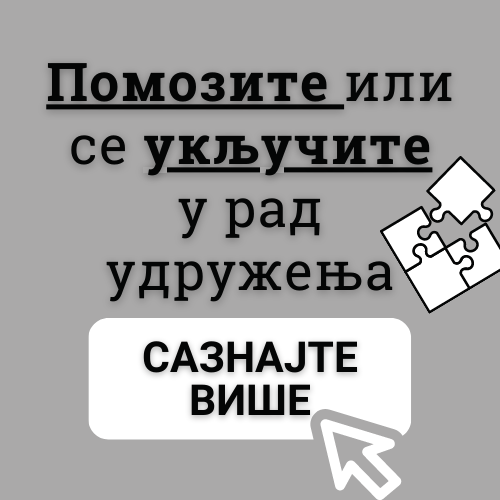Radomir Vidas from Novalja on Pag as a witness gave the following statement in the Pag Town Command in 1945:
“In July 1941 I was on my way home for a leave as a Domobran (soldier of the territorial army). From Otočac I went to Pag via Gospić. I wanted to travel to Karlobag in a post bus. Since the bus was not scheduled for that day I had to find another transport. While I was looking for transport I found out that an Ustasha truck is transporting prisoner to a camp on Pag.
Several days before I found out there was a camp on Pag, but I had never imagined that such horrible things were happening in it. When I spotted the truck I rushed to it, happy for this opportunity, but when I came to it I could see it was overcrowded with prisoners and that I would not be able to get in. Still as a Domobran, I asked Ustashas to take me to Karlobag. One of them, a gloomy man with a quick eye, told me to wait while the other immediately said: “Of course you can colleague. If there were twenty of you, you wouldn’t sit on anything hard.” By this he meant I would be sitting on prisoners.
When I got into the truck I was horrified to see only women and children and few miserable old men. Mothers were crying over their children. They were so overcrowded that they could not stand or sit. It was the same for me since I stood only on one leg, holding myself to the sides of the truck. Women asked me how far Pag was. After ten minutes another 10 Ustashas got on the truck and sat in the front and we drove off. At that moment the women started to cry and wave to their loved ones who remained in the camp. In order to show off with their deed, Ustashas started singing so everyone could see the miserable prisoners.
Their trip was desperate. There were around 80 of them. You could hear crying the whole way. Two of the women had children that were several months old. One of them cried all the time and spoke with a whimper “Oh my innocent child, what have you done to deserve this?” She was inconsolable. The other one was uncovering child’s face and kissed it while crying. In tears and miserable they were consoling each other. They fainted from fatigue. They begged for the truck to be stopped so they could rearrange themselves, but in vain. The Ustashas were laughing and singing. When they saw the sea and Pag they asked me: “What will they do with us?” I though that they would be building a road, so I told them that. When they saw the sea their comfort was that they would get rid of this wretched truck. In Karlobag the truck went to the waterfront, where a ship was waiting for the victims.
While they were getting out of the trucks they fell and sat at the waterfront. One old woman was pale and started to fall and the others could not hold her. I also got out of the truck. I wanted to help them but the Ustashas would not let me. The old woman fell and remained unconscious. Women around her started to cry and the Ustashas started laughing and mocking them.
I went to the ship and asked them to take me to Pag. The sailors told me to ask one Ustashas. I rushed to see him and ask for transport, but he would not let me and looked at me so savagely that I almost felt afraid. Of course they did not let anyone on the ship because already there they started torturing poor victims so they did not want anyone to see. For a while I watched from the side I looked at that group of miserable women, children and few grey-headed men and arrogant behaviour of Ustashas towards them. I realised what it was all about, not a camp or prison, but savagery, horror and destruction, so I left. I looked for a boat and a sailor and got to Pag.
In little time and in such and worse ways, Ustashas massed thousands of Jews and Orthodox Christians there, and also Croats against whom they had grudges. After a while all those women and children were killed, along with many other victims in the bloody camp Slana on Pag.”
Radomir Vidas (signature)
Picture from page 144


